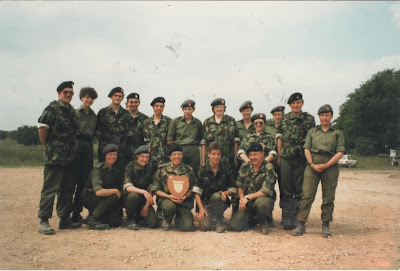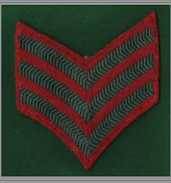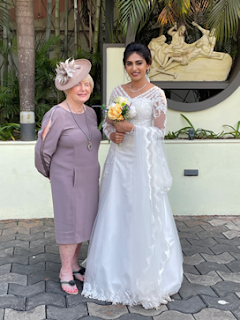10th -12th November 2023
I am known to keep myself busy, but this year’s Remembrance Weekend held more commitments than normal. All very different, but each one an important part of my life as an Army Reservist and National Health Service Nurse.Friday
I love being a member of the Middle Wallop & Andover Military Wives Choir (the seventh one I have been part of as different postings have taken me to different places). I not only get to sing with a group of like-minded women, wives and those with a military link, but enjoy the camaraderie, friendship and support this gives me as a military wife and Army Reservist.
The choir had a wonderful evening performing a Remembrance Concert at the Army Flying Museum in Middle Wallop. We sang not only songs that are part of our core repertoire; but linked to remembrance, as well as some more lively pieces. We interspersed these with poems, readings and sharing our experiences of being military wives and the challenges this brings especially when your partner is on operations or long military exercises. This includes for me, having had 9 military moves in 14 years and having gone through periods of separation.

As a paediatric nurse working at Salisbury Hospital with long waiting lists we had an additional day of surgery. 15 children needing dental treatment under a general anaesthetic. Working a full and busy 13 hour shift in the Day Surgery Unit it was impossible to observe the Armistice Day, 11 o’clock, 2 minute silence, but I managed to take time and reflect over my lunch break of those who had gone before us and made the ultimate sacrifice. I wore my poppy with pride. I have also just completed a course at the hospital to be an ‘Armed Forces Advocate’. This involves wearing a nice badge (!) and supporting and signposting those who are linked to the Armed Forces, including veterans.
Thankfully I was home in time to watch on television the Royal British Legion Festival of Remembrance from the Albert Hall. It is always such a special occasion.
The choir rehearse every week at the Middle Wallop Station Church in Hampshire - this is one of the bases for the Army Air Corps and is where many learn to fly the Apache Attack Helicopter. Each year therefore, the choir sing in the main hanger at the Service of Remembrance taken by the Station Chaplain for those serving, their families, veterans and guests. This is followed by the Act of Remembrance at the War Memorial close to the camp entrance. This part of the morning included a fly past. It was an emotional and sad time as I reflected on the operational tours I have supported in Afghanistan and those who lost their lives there.
It is an honour though to be involved in this event and I am always so proud to be in uniform to represent the Reserves as a Nursing Officer in the QARANC.





























.jpg)











